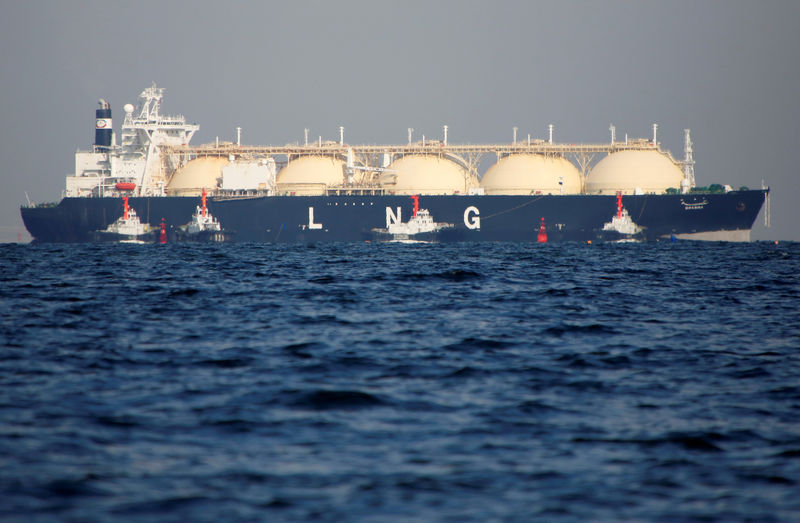By Geoffrey Smith
Investing.com -- European natural gas prices fell further at the open on Monday to a new one-month low as the European Union closed in on a deal to cap prices after months of haggling.
By 03:55 ET (08:55 GMT), the front-month Dutch TTF contract, which serves as a benchmark for northwest Europe, was down 3.9% at €110.91 a megawatt hour. They had fallen 14% on Friday as details of the bloc's latest attempt to find a solution for a thorny problem leaked out. Longer-dated contracts for the summer months of 2023 were also down by nearly 5%.
EU Energy Ministers will gather in Brussels on Monday to discuss a proposal to cap the TTF if the price exceeds €188/MWh for three days, under pressure to agree on a deal after the bloc's heads of government made it a priority at their summit meeting last week.
The new proposals reflect a much lower ceiling and a much shorter reaction timeframe than the European Commission's initial ones, which set the bar at €275/MWh and allowed prices to stay above that level for two weeks before intervention. Those proposals, heavily influenced by fears that suppliers would be deterred from selling into Europe, were criticized as being extremely unlikely ever to be triggered.
The new proposals coincide with the arrival of a first cargo at a liquefied natural gas storage and regasification facility in northern Germany at the weekend, one of half a dozen such facilities that Germany has secured in order to diversify its supplies of natural gas away from Russia. While Germany - Europe's biggest gas importer - has made rapid progress in expanding its import infrastructure, it's still unclear where it will get the gas it needs next year to replace Russian supplies.
A week-long blast of cold weather has made the first big dent in Europe's gas reserves, taking overall storage levels down to 84.2% as of Saturday from over 88% a week earlier. The decline in U.K. storage has been much more pronounced, from 95% to 68%, as power generators have been forced to run gas-fired power plants amid poor conditions for solar and wind generation.
However, the weather has failed to shock prices into a higher range, amid growing confidence that the continent will avoid the need for rationing this winter.
